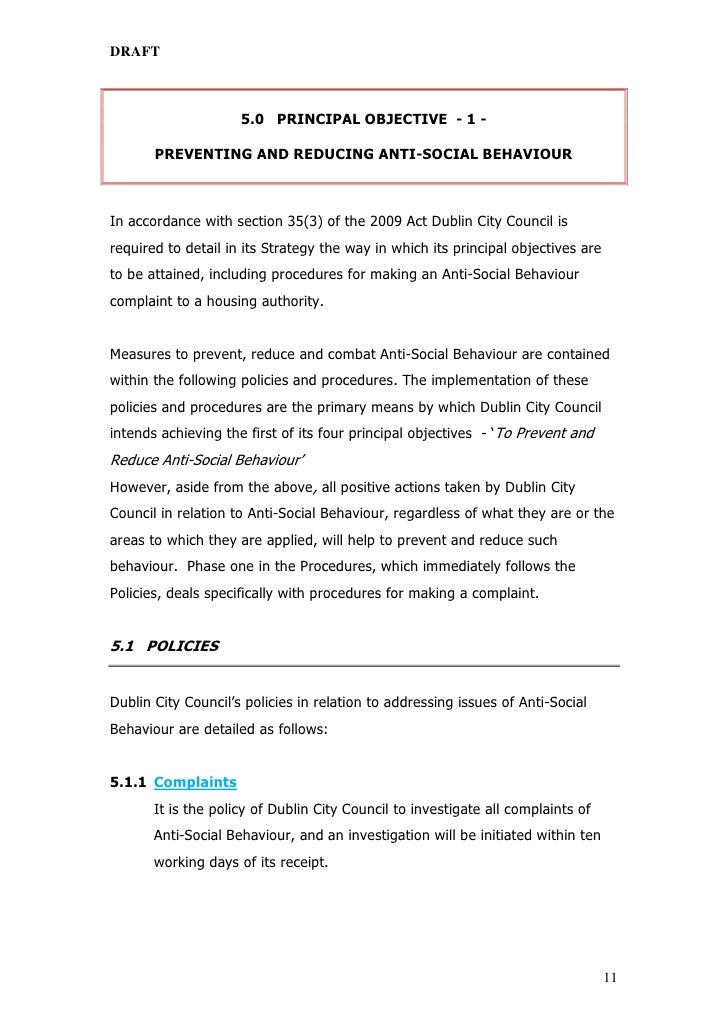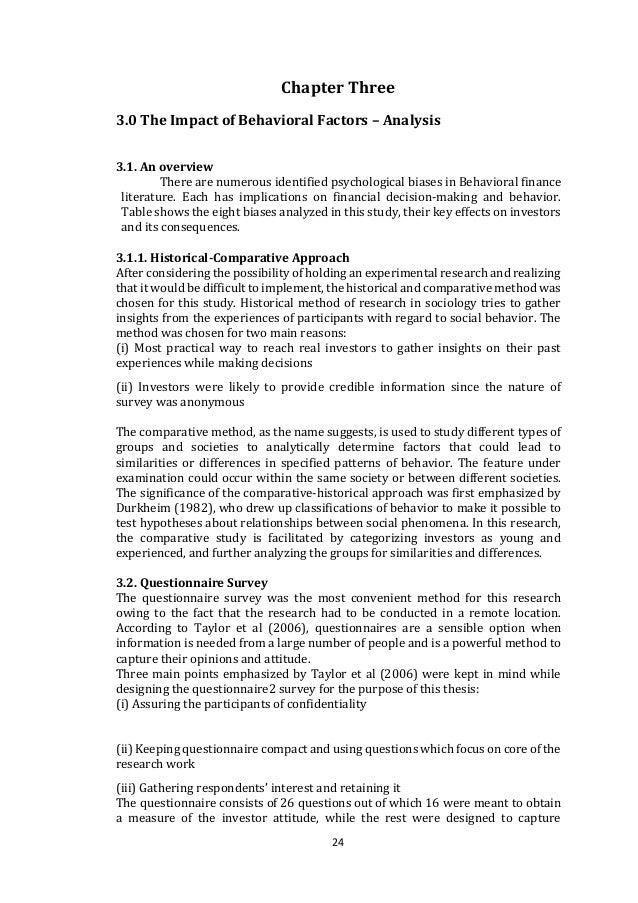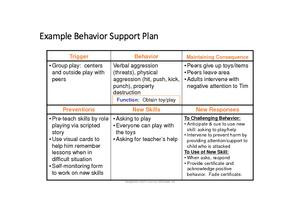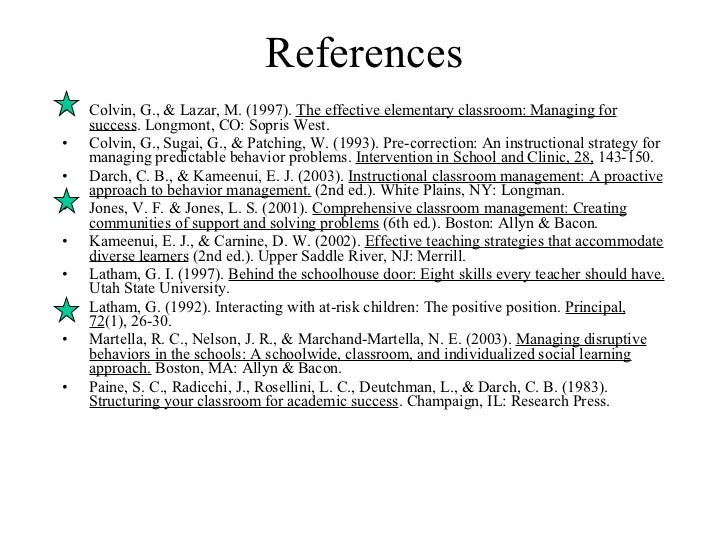
Discussion
Positive Behavior Interventions and Supports (PBIS) are designed to eliminate behaviors that are deemed inappropriate for the school setting and to replace them with social skills that are acceptable and appropriate. When PBIS is effectively implemented it can decrease the need for aversive or intrusive types · This dissertation examines the implementation of Positive Behavior Intervention and Supports (PBIS) at the secondary school level. The study used a mixed-method research approach. Concurrently, a qualitative survey about PBIS implementation with a quantitative open-ended question identifying how to improve implementation was administered to allAuthor: Sheri L. Allen Positive Behavioral Support in Middle School: The Impact of Inconsistent Implementation on School Culture by Regina M. Walker A dissertation submitted in partial fulfillment of the requirements for the degree of Doctor of Education (Curriculum and Practice) at the University of Michigan-Dearborn Doctoral Committee

Introduction
Dissertation Submitted in Partial Fulfillment of the Requirements for the Degree of Doctor of Philosophy Psychology Walden University November Abstract Positive behavior intervention and support (PBIS) is a data-driven approach to promoting productive student behaviors and learning. A key facet of sustainableAuthor: Corlett Pinnock · Positive Behavior Support is relatively new to the scene of school reform because it was mainly known as behavior modification for special education students who displayed difficult behaviors. The origins of PBS can be traced back to the theory of Applied Behavior Analysis, an expansion of the operant conditioning theory first developed by B.F. Skinner, the Positive Behavioral Interventions and Supports (SWPBIS) system, a preventative, behavior-change system based on a number of key variables that have been shown to affect students outcomes, including research-based practices, data teams of professionals, school-wide systems of support, explicit social skills instruction, team-based

Origins of Positive Behavior Support
Positive Behavior Interventions and Supports (PBIS) are designed to eliminate behaviors that are deemed inappropriate for the school setting and to replace them with social skills that are acceptable and appropriate. When PBIS is effectively implemented it can decrease the need for aversive or intrusive types Positive Behavioral Interventions and Supports (SWPBIS) system, a preventative, behavior-change system based on a number of key variables that have been shown to affect students outcomes, including research-based practices, data teams of professionals, school-wide systems of support, explicit social skills instruction, team-based · This dissertation examines the implementation of Positive Behavior Intervention and Supports (PBIS) at the secondary school level. The study used a mixed-method research approach. Concurrently, a qualitative survey about PBIS implementation with a quantitative open-ended question identifying how to improve implementation was administered to allAuthor: Sheri L. Allen

Positive Behavioral Support in Middle School: The Impact of Inconsistent Implementation on School Culture by Regina M. Walker A dissertation submitted in partial fulfillment of the requirements for the degree of Doctor of Education (Curriculum and Practice) at the University of Michigan-Dearborn Doctoral Committee Dissertations Winter Positive Behavior Interventions and Supports in Transitional Kindergarten through Second Grade Classrooms: Year three and beyond Anne Driscoll-Mink Brandman University, aannemink@blogger.com Follow this and additional works at: blogger.com Dissertation Submitted in Partial Fulfillment of the Requirements for the Degree of Doctor of Philosophy Psychology Walden University November Abstract Positive behavior intervention and support (PBIS) is a data-driven approach to promoting productive student behaviors and learning. A key facet of sustainableAuthor: Corlett Pinnock

The focus of this dissertation is on the sustainability of Positive Behavior Intervention and Support (PBIS) in a case study middle school. This focus has emerged from the positive outcomes produced through the implementation of PBIS in the middle school where I currently work, as well as the middle school where I previously worked. I Positive Behavior Interventions and Supports (PBIS) are designed to eliminate behaviors that are deemed inappropriate for the school setting and to replace them with social skills that are acceptable and appropriate. When PBIS is effectively implemented it can decrease the need for aversive or intrusive types Positive Behavioral Support in Middle School: The Impact of Inconsistent Implementation on School Culture by Regina M. Walker A dissertation submitted in partial fulfillment of the requirements for the degree of Doctor of Education (Curriculum and Practice) at the University of Michigan-Dearborn Doctoral Committee
No comments:
Post a Comment